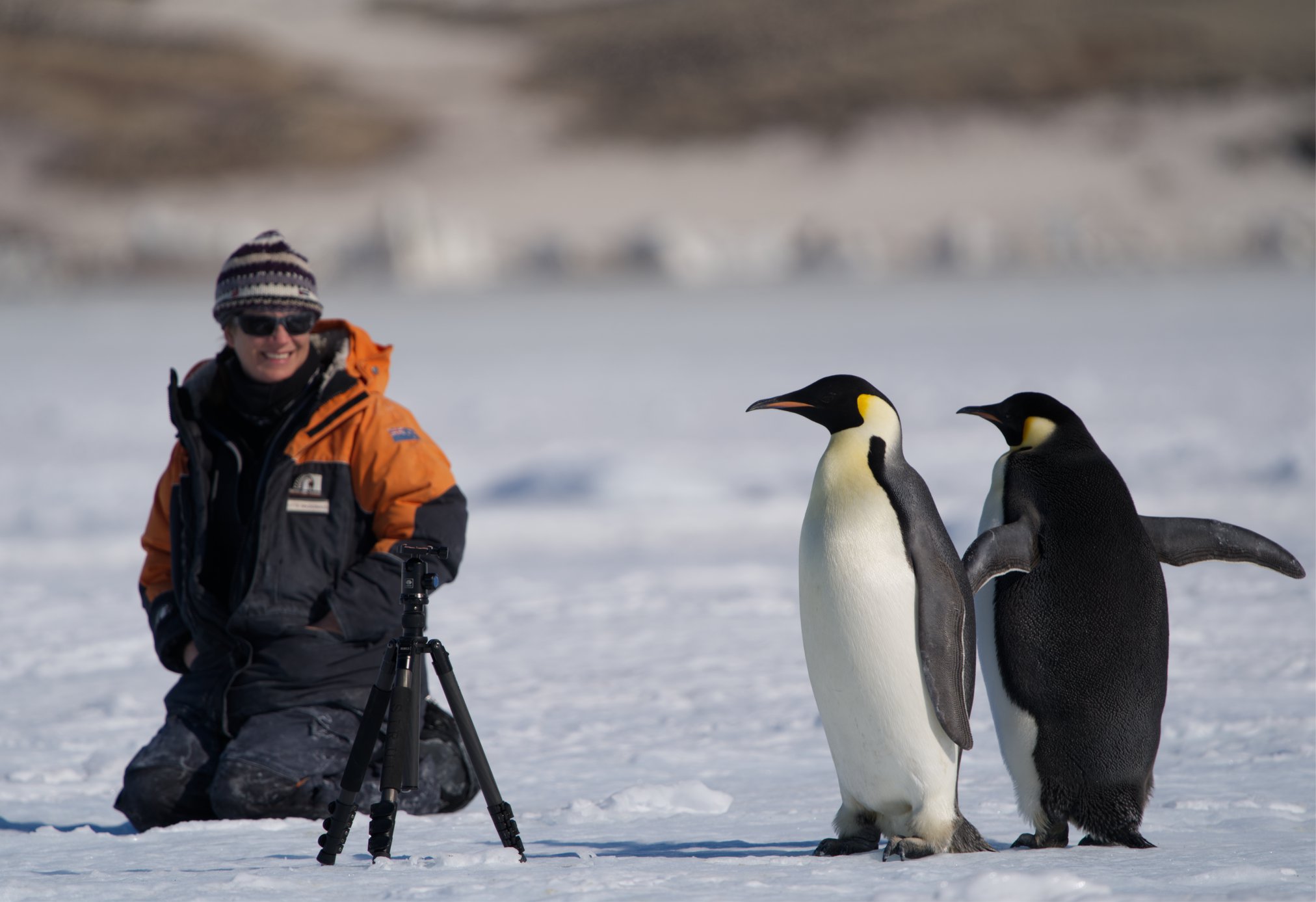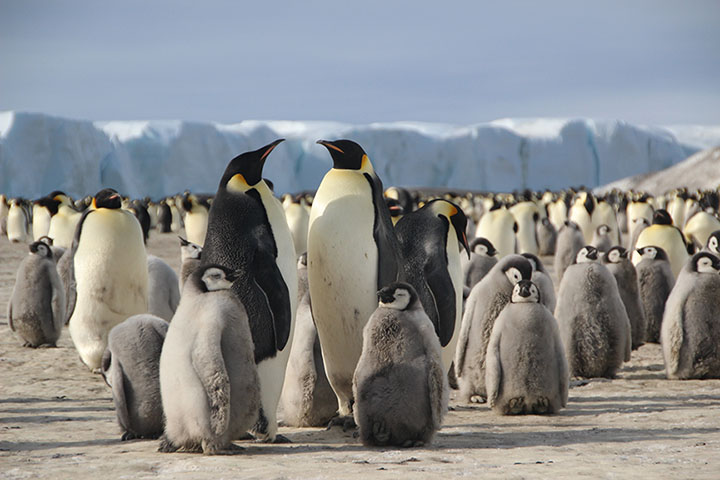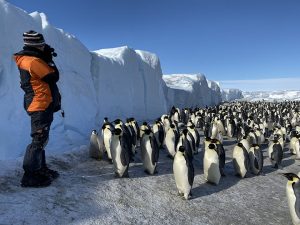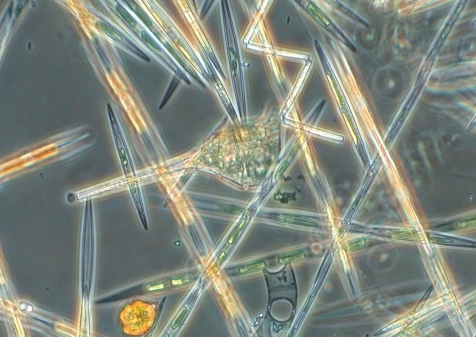Murray Duncan, Stanford/Hopkins Marine Station
Hosted by The Ichthyology Lab
Presenting: "Integrating physiology and ocean weather to predict climate change responses of fishes"
MLML Virtual Seminar | September 3rd, 2020 at 4pm
Dr. Murray Duncan is a fisheries eco-physiologist currently doing a postdoc at the Department of Geological Sciences and Hopkins Marine Station, Stanford University. Before moving to California, Murray obtained his PhD from Rhodes University in South Africa and completed a one-year postdoc at the South African Institute for Aquatic Biodiversity. He has worked extensively throughout the coastal zone of southern Africa, from Namibia to Mozambique, where he has developed and led field and lab eco-physiology research. His overarching focus is using physiological mechanisms to elucidate responses of marine organisms to the environmental stress caused by climate change. In his current position he is testing the efficacy of physiological models which incorporate temperature and oxygen availability at explaining climate effects on purple urchin (Strongylocentrotus purpuratus) and red abalone (Haliotis rufescens) in the California Current System.







